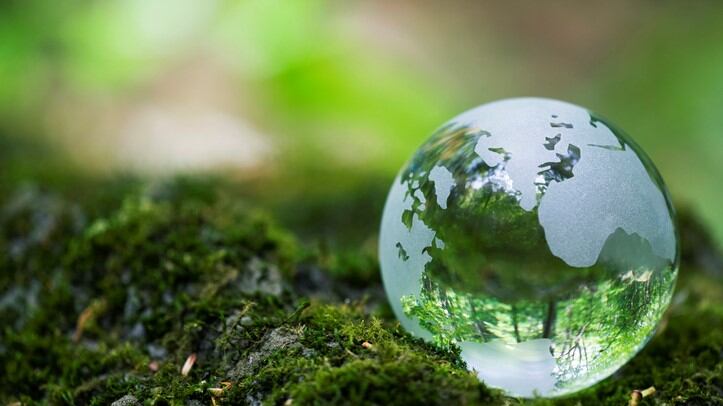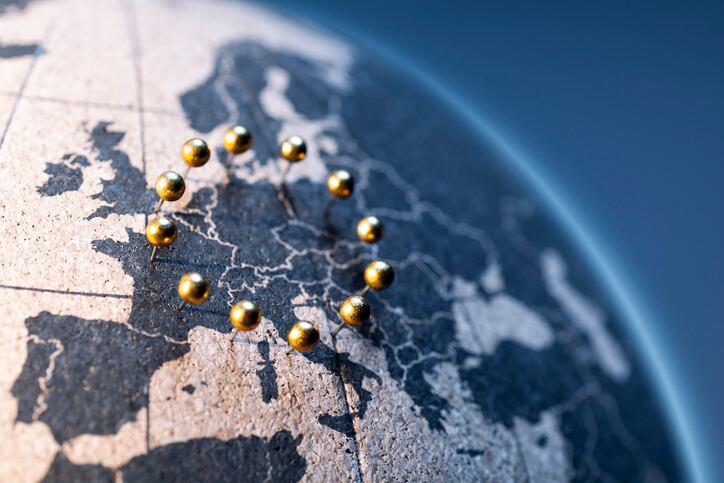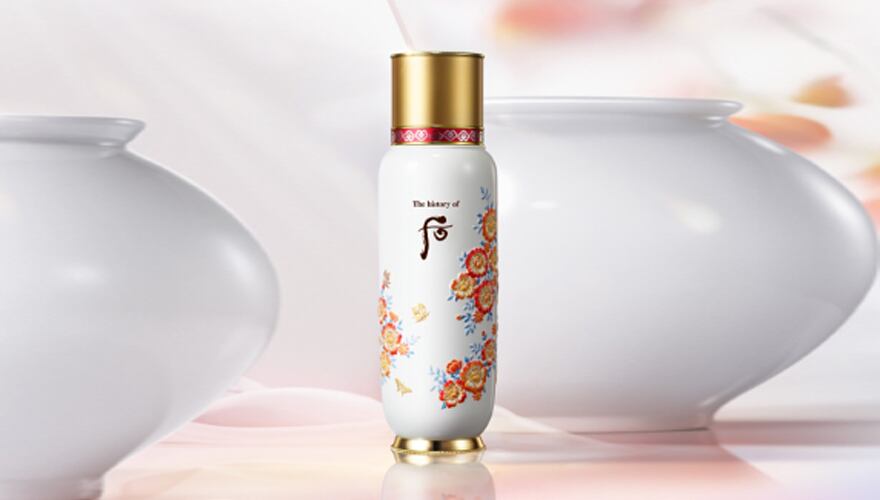1 – Zero-waste hero: Four LG H&H brands launch solid personal care products to boost eco credentials
South Korean conglomerate LG Household and Health Care has launched zero-waste beauty options from four of its brands – Dr. Groot, Elastine, Veilment, and Himalayan Pink Salt.
By developing solid products LG Household & Health Care (LG H&H) said it could reduce its reliance on plastic packaging.
For instance, its beauty bars are packaged in paper while the powdered toothpaste is packaged in a metal jar.
Furthermore, the solid format would help to reduce water consumption, transportation costs and packaging.
2 – Upcycled cosmeceutical-tissues could be eco-friendly active ingredient delivery - study
In the search for innovative cosmetic uses for upcycled ingredients, fibres created from food waste could mean skin protection and delivery of active ingredients.
A research team out of Italy, China, India and Russia, Morganti et al, published a paper in Cosmetics exploring how non-woven tissues can be used in cosmetics and medical devices, as well as how upcycled food waste can be used to create these ingredients.
Morganti et al said one of the main drivers behind finding uses for upcycled ingredients are the environmental and economic impacts of food waste. According to the study, food waste globally averages 931 million tons annually, amounting to $2.6 trillion.
According to a United Nation study cited in the paper, unconsumed food accounts for 8-10% of global carbon emissions, as well as anthropogenic methane, which is the second most potent greenhouse gas.
3 – Coral relief: Kose says seven sunscreen UV protection agents don't harm coral growth
Kose says it has established a method that can evaluate the effects of cosmetic ingredients on corals with high reliability and has shown that seven UV protection components do not pose a threat.
The Japanese beauty giant says it will now be possible to evaluate the effects of sunscreens and other cosmetic ingredients on corals.
“Utilising this research, we will realise the development of coral-friendly cosmetics while protecting the skin of people entering the sea from ultraviolet rays,” said the firm.
In a recent project, the company collaborated with Koji Kinjo, an expert in coral cultivation in Okinawa, to establish a breeding method to create healthy corals.
4 – Prioritizes soil as much as skin: B corp coalition aiming to collaborate on improving industry
While B corps are generally working towards improved social and environmental impacts in their industry, the newly formed B Beauty Coalition believes open collaboration could mean real progress.
The coalition was officially launched in January and now includes 30 companies, with more reportedly in the works to join, spanning many global markets.
Shaun Russell, the founder of Skandinavisk which is one of the six founding brands of the coalition, said the concept is to bring together individual B corps to develop and research plans for improving different areas of social and environmental impact in the beauty industry.
The idea behind the coalition came originally from the vision of former CEO of Italian haircare brand Davines Paolo Braguzzi, Russell said.
5 – Rainforest herb advocate: VNI Scientific eyes huge cosmetic potential in the rainforests of Malaysia
A Malaysian cosmetics manufacturer believes there is huge potential in exploring the use of local rainforest herbs as cosmetic ingredients.
VIN BioC was founded in collaboration with NanoMalaysia, company limited by guarantee (CLBG) under the Ministry of Science, Technology and Innovation (MOSTI).
It specialises in the development of crystalline nano cellulose as a key ingredient in cosmetic products, such as biocellulose masks and nano-emulsion serums.
The firm also uses this technology as a platform to promote local rainforest herbs, which it has been studying with local universities and agencies such as Forest Research Institute Malaysia (FRIM).





